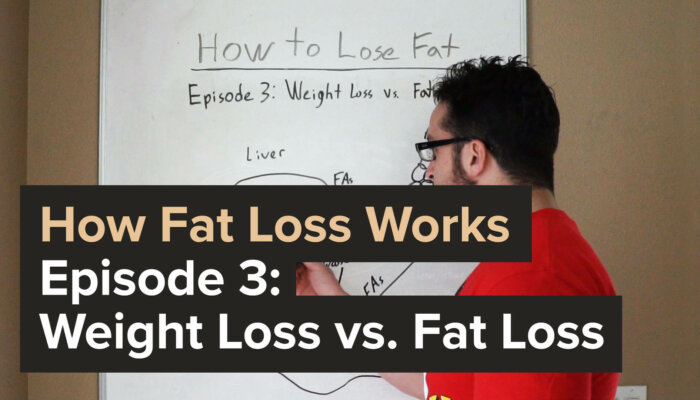Study Discussed:
https://science.sciencemag.org/content/sci/373/6556/808.full.pdf?ijkey=oYUAGierHBtog&keytype=ref&siteid=sci
A recent study examined total daily energy expenditure (TDEE) and Basal Metabolic Rate (BMR) over the course of human life in a large number of subjects (6421 for TDEE & 2008 for BMR) and found some pretty interesting outcomes.
TDEE/BMR are closely tied to Fat Free Mass (FFM) and to a lesser extent Fat Mass (FM). As adult men have greater FFM than women and adults have greater FFM than children, this means their absolute TDEE/BMR are greater. However, when corrected for FFM & FM, men and women had NO difference in TDEE
Newborns have a normal BMR/TDEE for their FFM/FM but this accelerates rapidly during the first 1-2 years of life peaking at around 50% greater than normal, then slowly declining throughout childhood and adolescence back to a normal level by age 20. The increased BMR/TDEE is likely due to the fact that children have greater contribution of FFM from more metabolically active organs like liver, heart, & brain compared to skeletal muscle on a per gram basis.
The most interesting finding is that from age 20 to age 60 (adulthood), TDEE/BMR remain absolutely rock stable when corrected for FFM/FM and were not different between men and women.
After age 60 there was a progressive decline in TDEE/BMR even when corrected for losses of FFM/FM but this decline was relatively slow at approximately 0.7% per year.
Another factor that may contribute to declines in TDEE is the reduction in physical activity with age as research has demonstrated that elderly people stand and walk significantly less than young people leading to significant reductions in calories expended via non exercise activity thermogenesis (NEAT), and exercise activity. https://pubmed.ncbi.nlm.nih.gov/17401138/
This means that it is unlikely that reductions in metabolic rate are sufficient to explain adult onset obesity. Furthermore, research has demonstrated that both obese & obese with type 2 diabetes have similar or GREATER metabolic rates compared to lean people:
https://pubmed.ncbi.nlm.nih.gov/26838741/
https://pubmed.ncbi.nlm.nih.gov/22293212/


